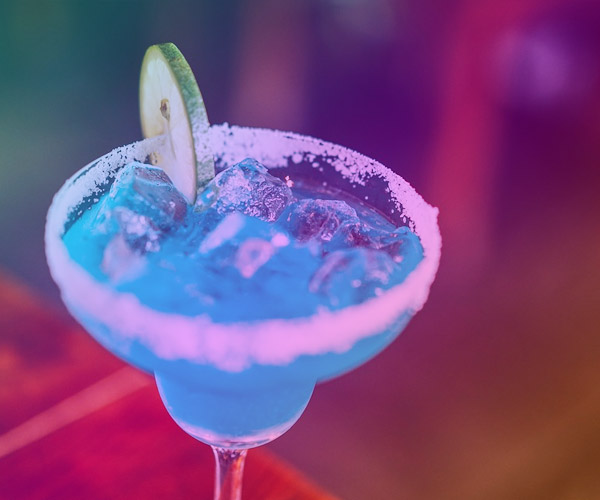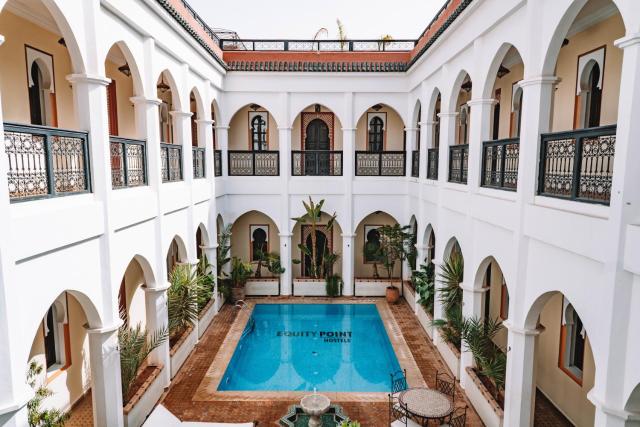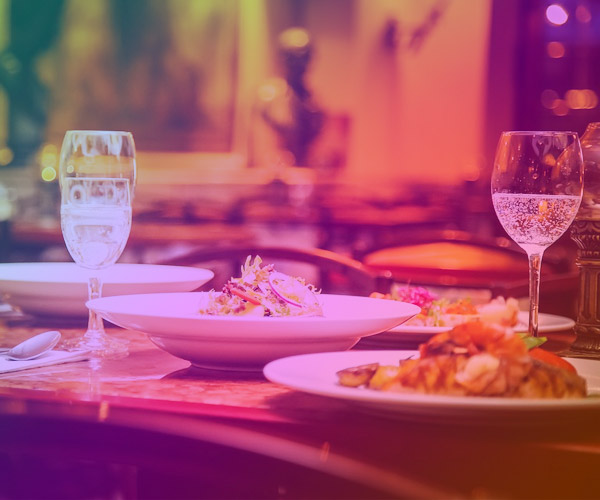Sunny beaches, tasty local cuisine, and beautiful architecture make Morocco a popular destination for tourism. But with recent press coverage of conflict between authorities and activists, would-be LGBTQ tourists could be forgiven for asking, "is Morocco safe for gay and lesbian travelers?" As with many places across the globe, the answer is a qualified yes, but with conditions.
LGBTQ rights in Morocco are limited, compared to most European countries - under Article 489, "lewd or unnatural acts" between members of the same sex is punishable by imprisonment of up to three years and a fine. This law, however, is enforced rarely against Moroccans, and even less frequently towards tourists. Abiding by local Islamic custom against public displays of affection (which applies to straight couples as well) is a reasonable protection against any official attention. Violating these norms, however, especially with a Moroccan citizen, is much riskier and can entail grave consequences.
The history of gay rights in Morocco is a strange and patchy one, which reflects the legacy of the country’s colonial era. Prior to independence in 1956, Morocco was administered as an international zone with more relaxed laws towards homosexuality, even more so than in the USA or UK for example. William S. Burroughs wrote Naked Lunch and Paul Bowles wrote The Sheltering Sky as they rented two different apartments in the same building in what became known as "Queer Tangier," all the while while socializing with Tennessee Williams, Gore Vidal, and Truman Capote, among other gay and bisexual authors.
Despite Tangier’s queer past, Marrakech has now become the preferred destination for LGBTQ travelers in Morocco, with the city having a reputation for being more gay-friendly than the countryside or other cities of Morocco. Although the state of gay rights in Morocco has not permitted enough support for a Pride parade, activists have founded organizations, a magazine, and a nascent underground scene as a way to support and connect the local LGBTQ community.
During the Arab Spring in the early 2010s, hopes ran high for LGBTQ rights in Morocco. Activists organized a "kiss-in" in front of Parliament in 2013, but the conservative backlash proved too intense. Still, LGBTQ Moroccans abroad have carved out their own spaces during Pride celebrations, and continue to fight on. So ultimately, is Morocco safe for LGBTQ travelers today? And, given that the city turned away a gay-themed cruise ship a few years ago, is Casablanca safe for gay and lesbian travelers? The truth is they aren't as safe as they should be, but the degree to which attitudes have relaxed in the past few years is a testament to the hard work of activists as well as shifting attitudes worldwide towards LGBTQ people.
If you're looking for gay accommodation in Morocco, and you like the idea of connecting with and supporting the local LGBTQ community, book your stay via misterb&b. In Morocco, misterb&b offers hotel recommendations as well as community-based room and apartment sharing, with discreet invoicing to preserve your privacy. Although there are risks concerning LGBTQ travel in Morocco, with 24-hour assistance through misterb&b, good travel advice, and a bit of adventure, you can make your trip to Morocco a safe and enjoyable one!
/location_photos/data/13903/original/moroccobluecompressed-1584101279.jpg)
 by
by






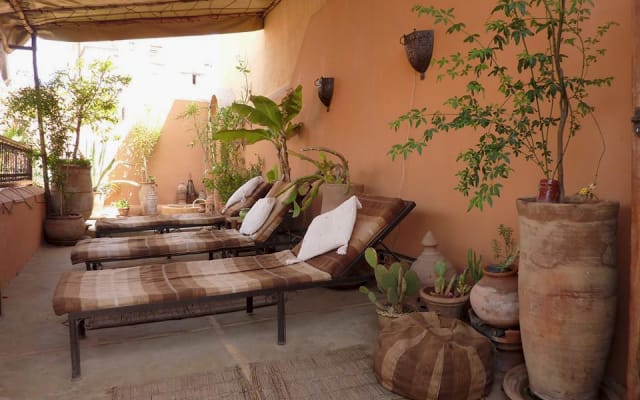



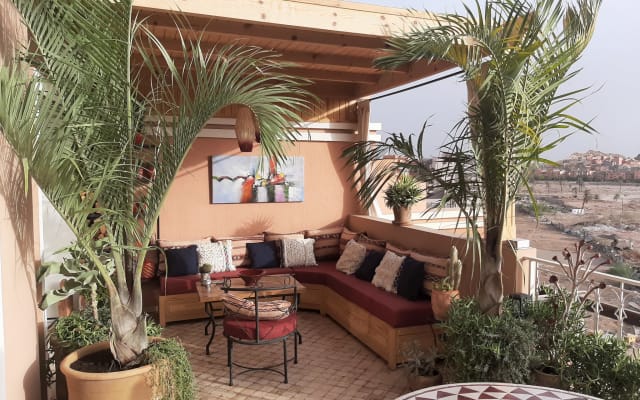

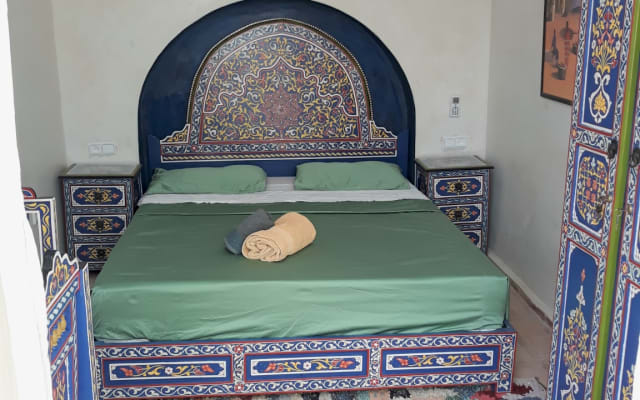
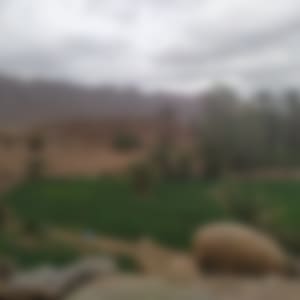
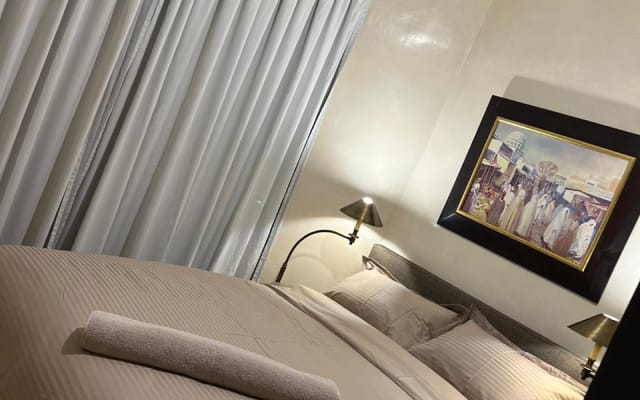
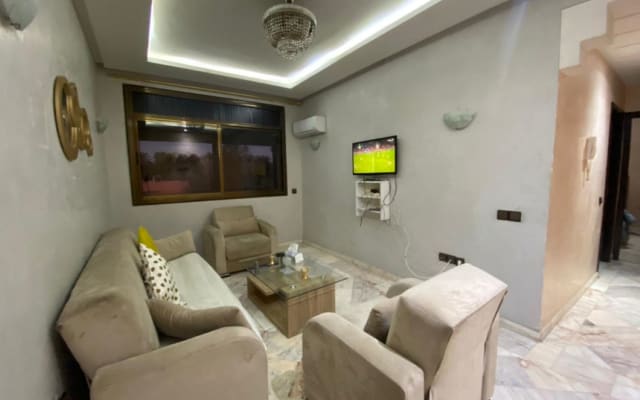
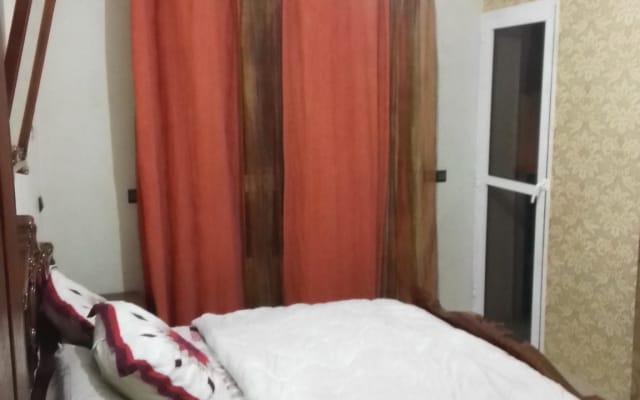

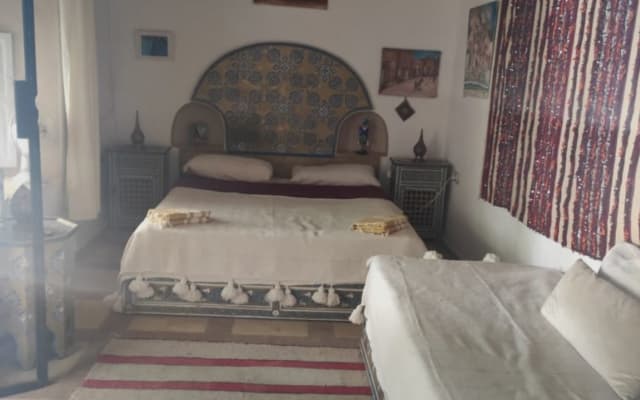


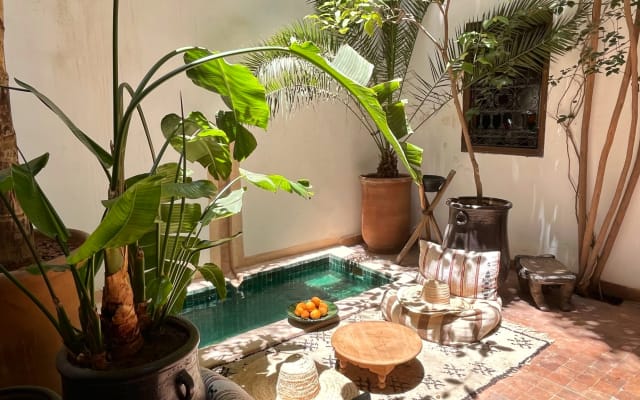

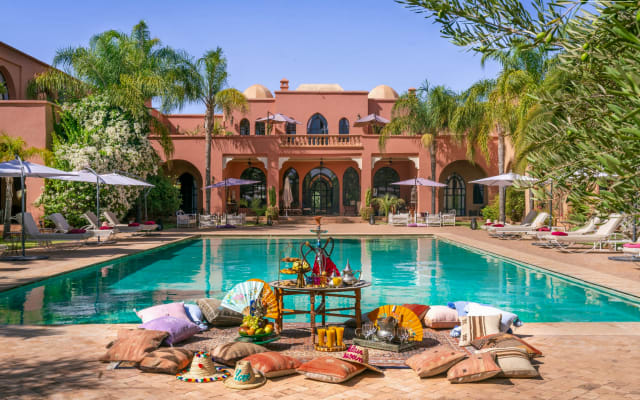
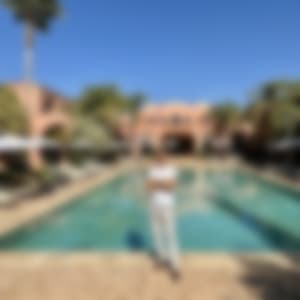

/location_photos/data/6902/original/marrakech.jpg)
/location_photos/data/14058/original/essaouira-1200-min-1673517129.jpg)
